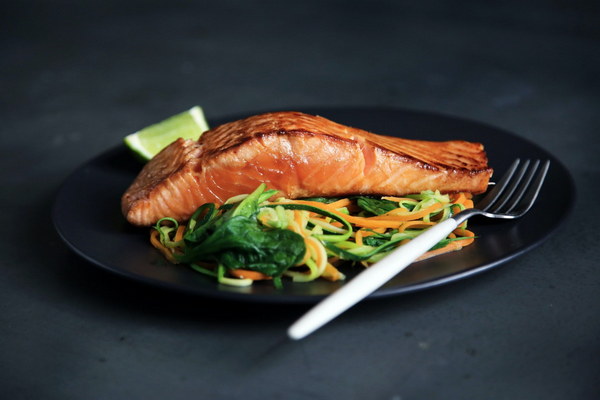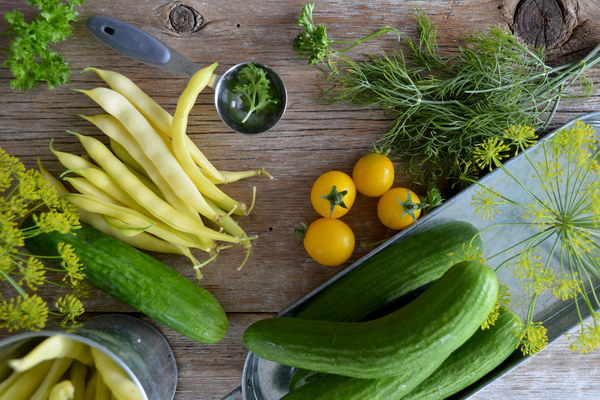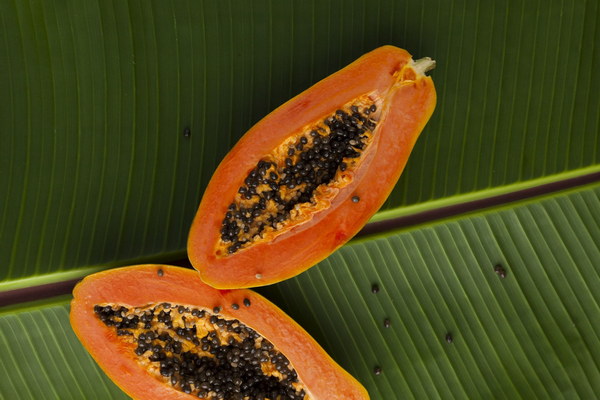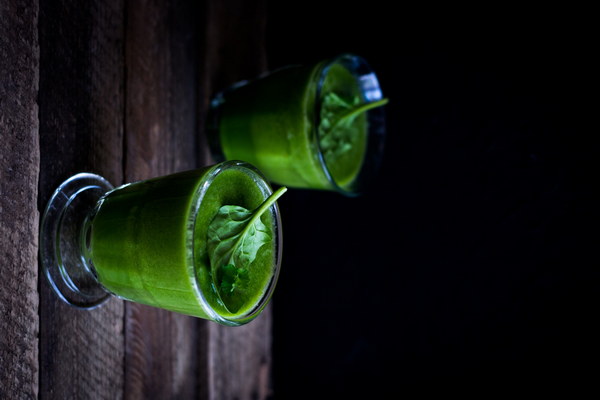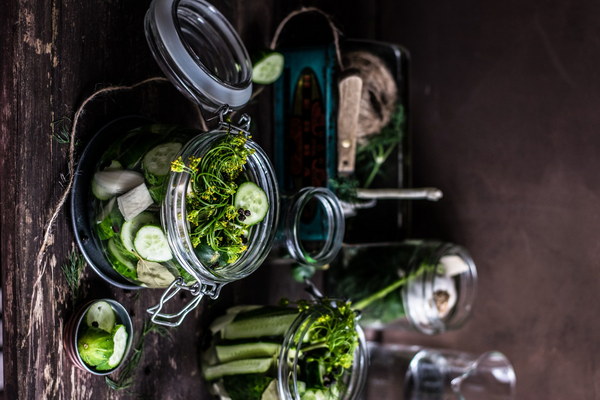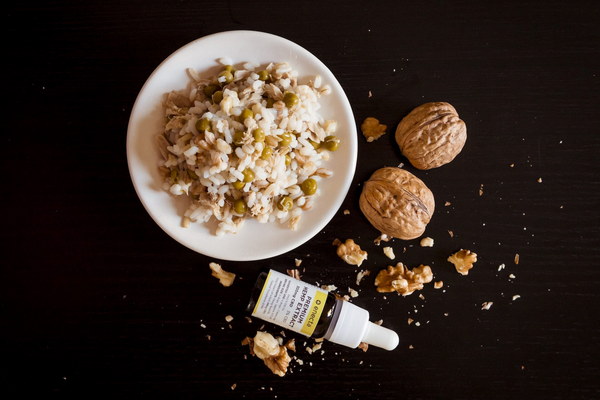Unlocking the Secrets of Anti-Aging A Journey into Eternal Youth
In the relentless pursuit of eternal youth, humanity has been on a quest to defy the aging process. With the advancements in technology and scientific research, anti-aging has become a buzzword that captures the attention of millions around the world. This article delves into the secrets of anti-aging, exploring the science behind it and offering practical tips to help you embrace a healthier, more youthful life.
The Science of Anti-Aging
Aging is a complex biological process influenced by genetics, environment, and lifestyle choices. The body's cells undergo wear and tear over time, leading to the signs of aging, such as wrinkles, age spots, and weakened immune function. However, scientists have identified several key factors that contribute to the aging process:
1. Oxidative stress: Free radicals, unstable molecules that damage cells, contribute to aging. Antioxidants, such as vitamins C and E, help neutralize free radicals and protect against oxidative stress.
2. Telomere shortening: Telomeres are the protective caps at the ends of chromosomes that shorten as cells divide. Shorter telomeres are associated with aging and age-related diseases.
3. Inflammation: Chronic inflammation has been linked to aging and various age-related diseases. Anti-inflammatory foods and supplements can help reduce inflammation in the body.

4. Mitochondrial dysfunction: Mitochondria are the powerhouses of the cell, responsible for producing energy. As mitochondria age, they become less efficient, leading to decreased energy levels and increased aging signs.
5. Epigenetic changes: Epigenetic modifications can alter gene expression without changing the DNA sequence. These changes can affect the aging process and contribute to age-related diseases.
Practical Tips for Anti-Aging
Now that we have a better understanding of the science behind aging, here are some practical tips to help you embrace a healthier, more youthful life:
1. Nutrition: A balanced diet rich in fruits, vegetables, whole grains, lean proteins, and healthy fats can provide essential nutrients and antioxidants to combat aging. Include anti-inflammatory foods, such as berries, nuts, and fish, in your diet.
2. Exercise: Regular physical activity can boost your immune system, improve cardiovascular health, and increase energy levels. Aim for at least 150 minutes of moderate aerobic exercise or 75 minutes of vigorous aerobic exercise per week, along with strength training exercises.
3. Sleep: Quality sleep is crucial for overall health and can help combat aging. Aim for 7-9 hours of quality sleep per night, establish a consistent sleep schedule, and create a relaxing bedtime routine.
4. Stress management: Chronic stress accelerates the aging process. Practice stress-reducing techniques, such as meditation, deep breathing exercises, and yoga, to maintain a healthy balance.
5. Sun protection: UV radiation from the sun can damage your skin and accelerate the aging process. Use a broad-spectrum sunscreen with an SPF of 30 or higher daily, and seek shade during peak sun hours.
6. Hydration: Staying hydrated is essential for healthy skin and overall well-being. Aim to drink at least 8 cups of water per day and adjust your intake based on your activity level and climate.
7. Avoid smoking and excessive alcohol: Smoking and excessive alcohol consumption can accelerate the aging process and increase the risk of age-related diseases. Quit smoking and limit alcohol consumption to promote a healthier, more youthful life.
Conclusion
While aging is an inevitable part of life, embracing anti-aging practices can help you look and feel younger. By understanding the science behind aging and adopting a healthy lifestyle, you can take control of your aging process and enjoy a more vibrant, youthful life. Remember, the journey to eternal youth is a continuous process, and every small step you take counts.

